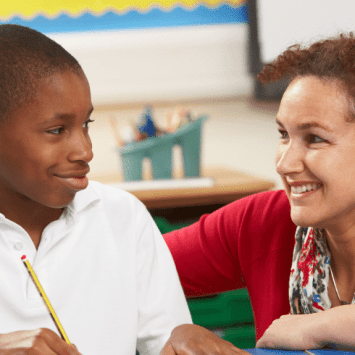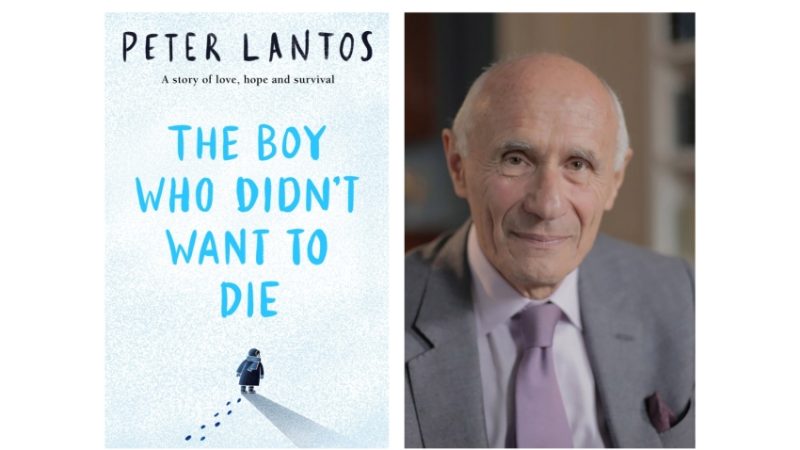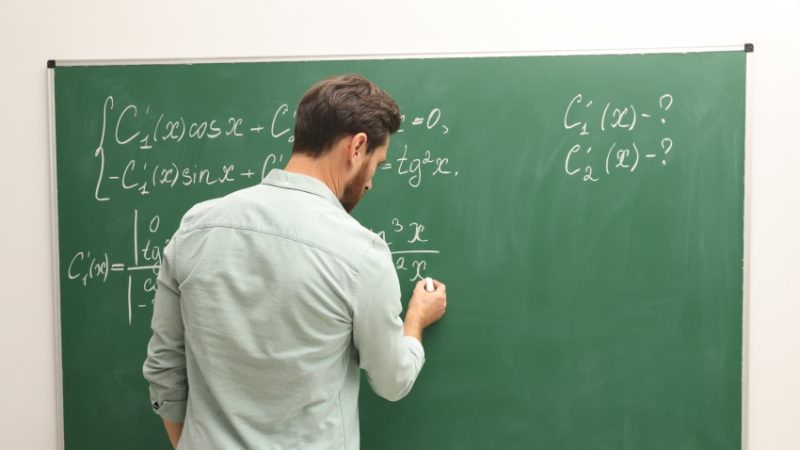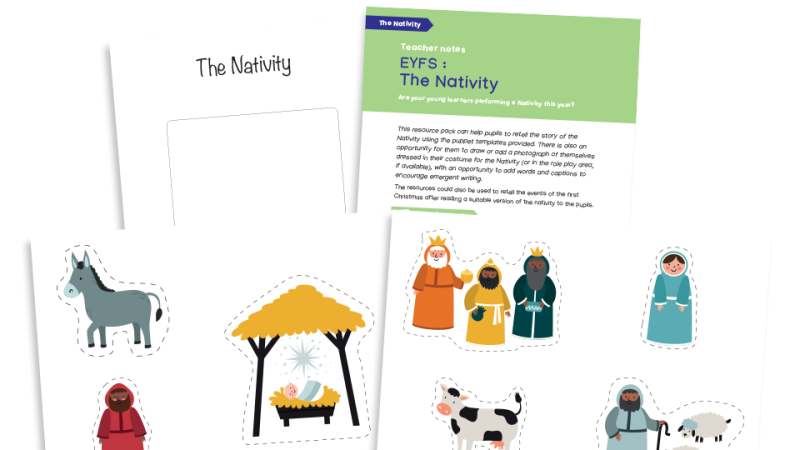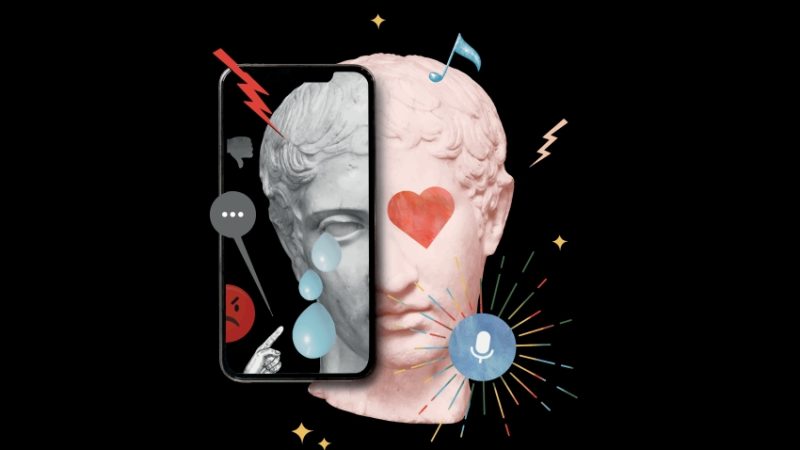Holocaust education – Teach the past, change the future
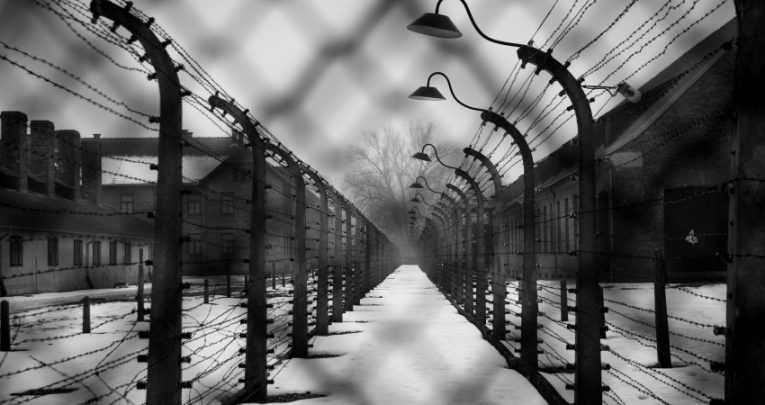
As a statutory history topic, we know that the Holocaust will be taught to students, observes Mark Rusling – but not necessarily how
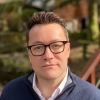
- by Mark Rusling
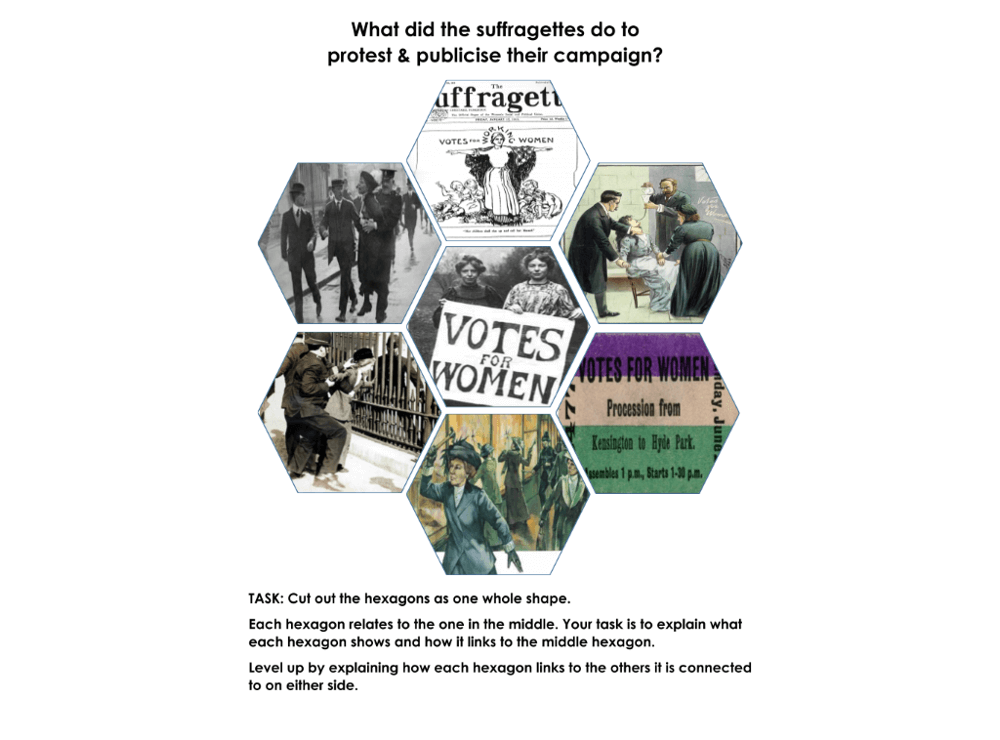
Since 1991, the National Curriculum has required KS3 pupils to learn about the Holocaust in history.
As that subject’s only compulsory topic, we should expect pupils to have a strong grasp of the horrors emerging from a continent-spanning genocide that eradicated two thirds of European Jews.
The reality, however, is much more concerning. Research conducted among school pupils in England found that 15% couldn’t remember studying the Holocaust, and some worrying gaps in knowledge.
Over half believed that Hitler was solely responsible for the genocide of six million people, and that the killings took place in Germany alone. Worst of all, most were unable to explain why Jews were targeted.
Without this understanding, Holocaust education won’t prevent the kind of intolerance and persecution that might lead to the next genocide – so what would an appropriate Holocaust education look like in practice?
Three principles
At the National Holocaust Centre and Museum, we deliver Holocaust education to pupils from Y5 upwards, focusing on three principles, beginning with how and why the genocide developed.
We look at the ways in which key groups were responsible – the Nazi leadership; other countries’ leaderships; ordinary people who pulled triggers, guarded ghettos and manned death camps; and the bystanders in 22 countries who looked away. We prioritise the testimony of survivors whom students can meet and talk to, virtually or in person.
The second principle is that Holocaust knowledge should be linked to modern-day challenges. This doesn’t mean searching for a ‘Holocaust angle’ across all examples of humankind’s inhumanity since 1945 – but rather when secure knowledge is used to analyse the ‘othering’ of social, religious or ethnic groups by powerful actors, Holocaust education has the potential to prevent subsequent genocides.
Finally, we seek to develop critical thinking. Independent thought can prevent the mob mentality that fuels genocide, but only if this is based on secure, accurate and properly researched knowledge.
We can deliver programmes for Y5 to Y13 at our beautiful garden museum in Nottinghamshire, in schools or online, and can provide a warm, friendly learning environment staffed by in-house educators who are all former school teachers. So use us!
Cross-curricular learning
The lessons of the Holocaust can be embedded throughout the KS3/4 curriculum. In English language, pupils could compare ghetto diaries with perpetrator narratives. In RE, a class could discuss whether God can exist after the Holocaust.
In science, the anti-Jewish pseudo-science claiming evidence for ‘innate racial differences’ later adopted by Nazis can be the springboard for discussions of how scientific enquiry can be manipulated.
In PSHE, classes could explore how critical thinking can be used to debunk the antisemitic conspiracy theories that have gained considerable traction online in recent years.
A tough ask
Above all, however, prioritise Jewish voices and agency in the sources you choose for your teaching. If they tend to depict strong perpetrators and weak victims, that’s what the Nazis wanted you to think.
At the same time, ensure that pupils are sufficiently mature to engage with the subject matter – especially at Y8, which is increasingly the age at which students first encounter the Holocaust in history.
Teaching the Holocaust is a tough ask, but the rewards are enormous. Giving pupils secure Holocaust knowledge will enable them to better understand this uniquely destructive genocide, and help them make sense of the difficult world in which they live, and in time, will run themselves.
It’s vital that we get this right.
Mark Rusling is the Director of Learning at the National Holocaust Centre and Museum. He can be contacted at education@holocaust.org.uk



